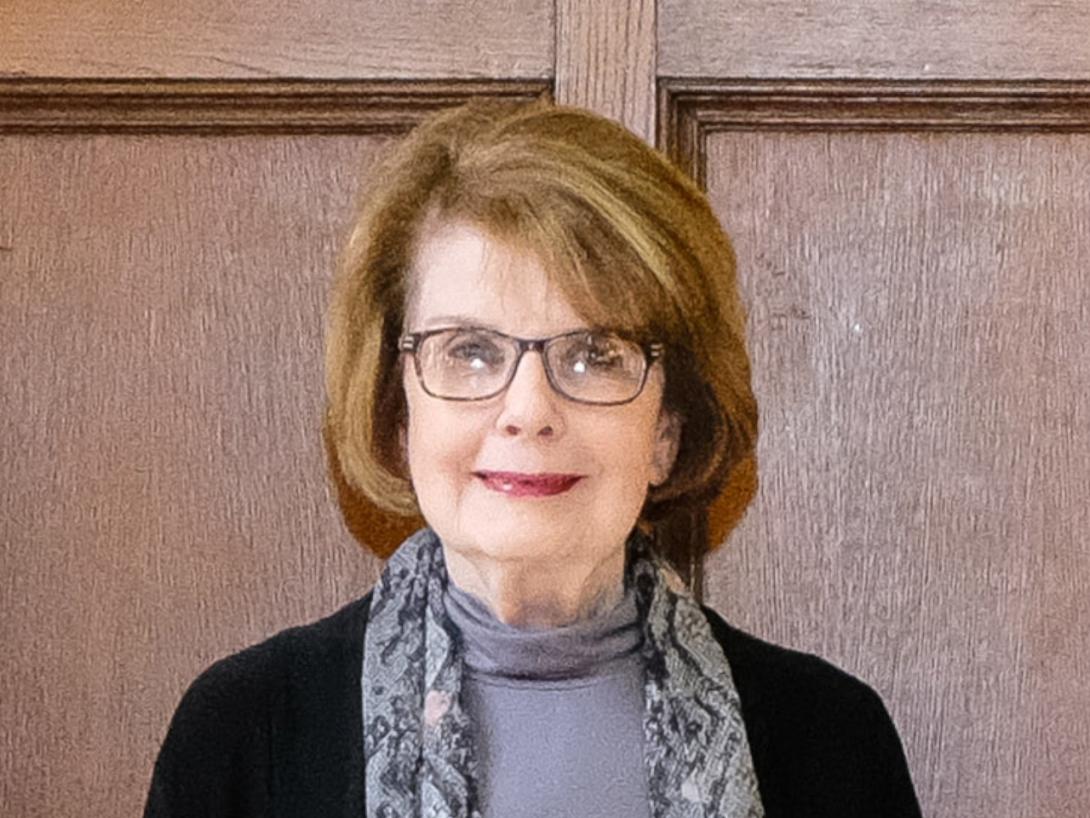The Patricia Gurin Certificate of Merit in Intergroup Relations is awarded to graduating undergraduate and graduate students who have demonstrated academic mastery in intergroup relations. The award's requirements include peer facilitation of intergroup dialogues, multiple experiences in intergroup relations education, and a high level of academic achievement in courses. Students interested in the award should contact [email protected].
The award is named in honor of Dr. Patricia Gurin, Nancy Cantor Distinguished Professor Emerita and one of the founders of The Program on Intergroup Relations (IGR), whose courageous and loving leadership in the cause of social justice inspires and informs the work of the Program.
Dr. Gurin serves as research director for IGR and is one of the nation’s preeminent scholars on the educational benefits of intergroup dialogue. The Gurin Certificate is reflective of her innovative ideas, her respect for academic and student affairs as mutually supportive entities, and her mentoring of younger scholars and students. Dr. Gurin's commitment to IGR includes her support, guidance, and sustaining collaborations between student affairs and academic affairs for many years.
Students may list the Patricia Gurin Certificate of Merit in Intergroup Relations on their resume or otherwise use the certificate to demonstrate that they have successfully completed, with distinction, advanced study of intergroup relations and social justice education. All students who receive Gurin Certificates are automatically nominated for the Liberatory Education Cord.
Undergraduate student criteria
Certificates will be awarded to undergraduate students who have completed at least 5 intergroup relations-related courses, with a grade point average of at least 3.5 in these courses.
Five courses must include:
- Training for Intergroup Dialogue Facilitation (ALA 320)
- Practicum in Intergroup Dialogue (ALA 321)
- A second facilitation or significant experience with intergroup relations research
- Second facilitation experience may include:
- Advanced Dialogue Facilitation (ALA 322)
- Leadership and Facilitation (ALA 471/472)
- 30+ hours of CommonGround facilitation
- Summer Youth Dialogues fellow (SW 415)
- Research experience may include:
- Research assistant
- Research practicum
- Research-focused IGR Directed Study (ALA 323)
- Second facilitation experience may include:
- Additional courses:
- Intergroup Dialogue (ALA 122)
- Making the Most of Michigan (ALA 171)
- Foundations of Intergroup Relations Education (ALA 220)
- Conflict and Co-existence (ALA 228)
- IGR- Directed Study (ALA 323)
- Capstone (ALA 429)
Students may request consideration of other courses on social diversity or social justice topics.
Graduate student criteria
Certificates will be awarded to graduate students who have completed at least 5 intergroup relations-related “experiences.” Typically, 1 experience = 1 semester of active, engaged participation. These 5 experiences must include 2 semesters of facilitation with IGR (which counts as 2 out of the 5 experiences).
Facilitation experiences may include:
- Graduate Student Instructor for IGR ALA courses
- 30+ hours of CommonGround Facilitation
- Summer Youth Dialogues fellow
Non-facilitation experiences may include:
- IGR-CRLT multi-session “Training for Diversity and Inclusive Teaching”
- Dialogue Facilitation for Diversity (SW 709)
- Understanding Social Justice (SW 799)
- Participation in intergroup relations research (each semester counts as one experience)
- Graduate Intern (each semester counts as one experience)

